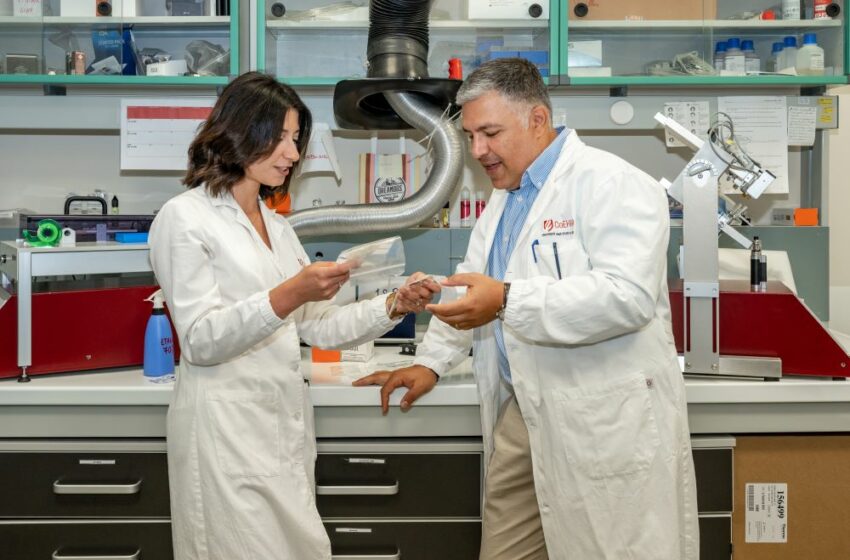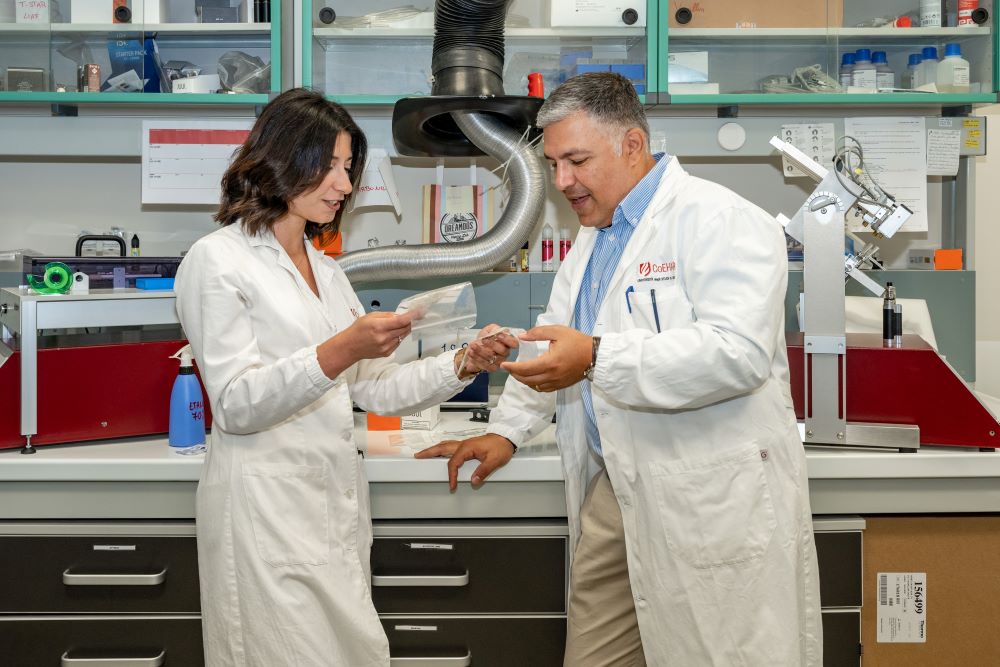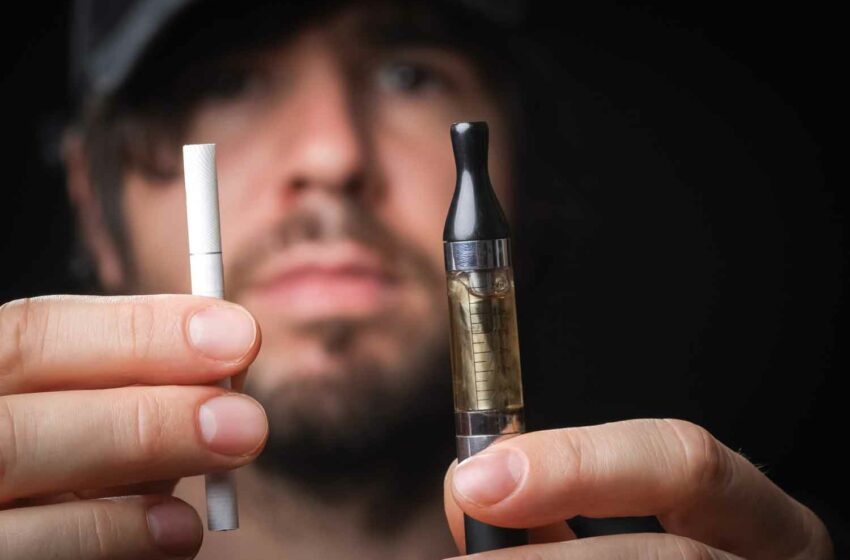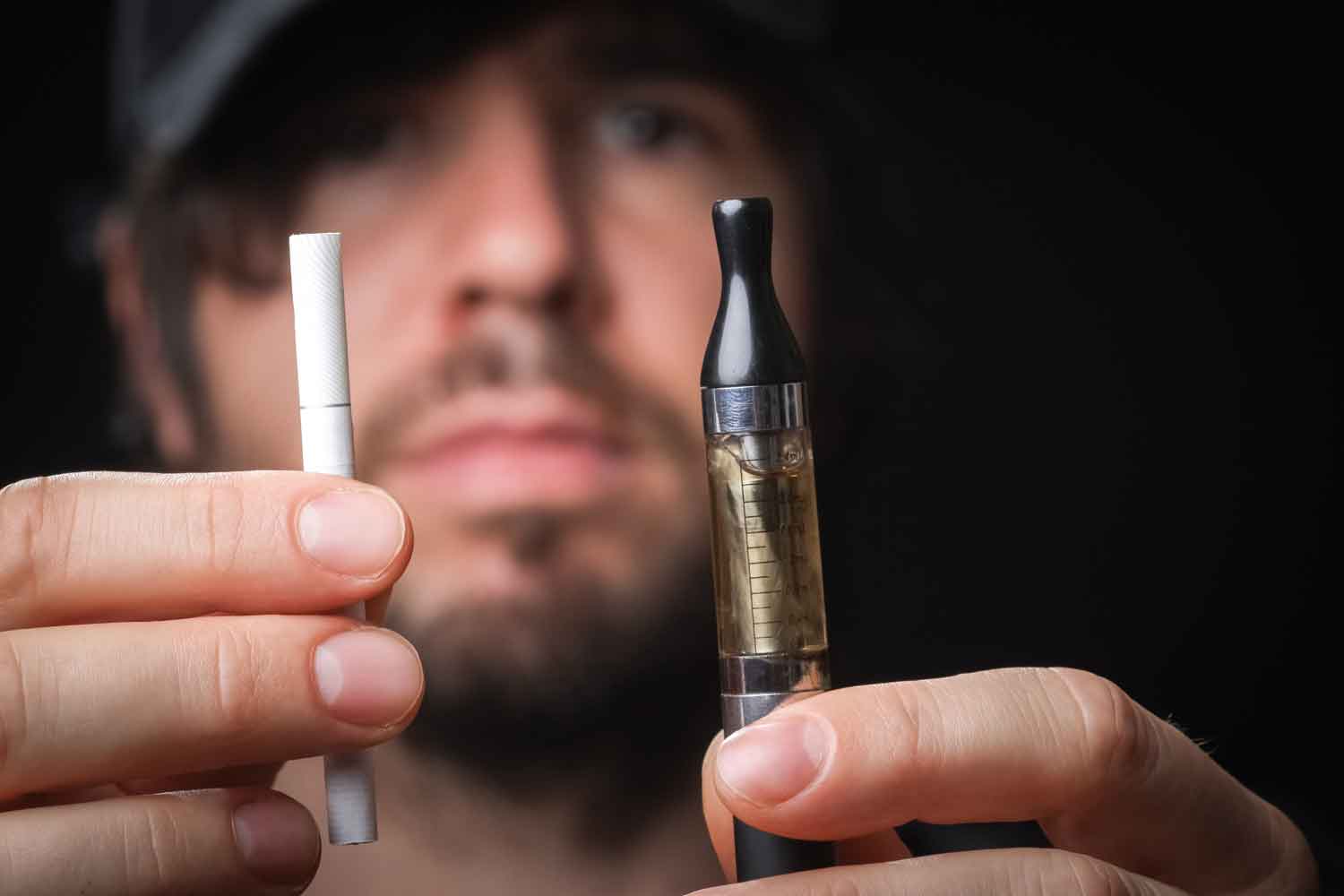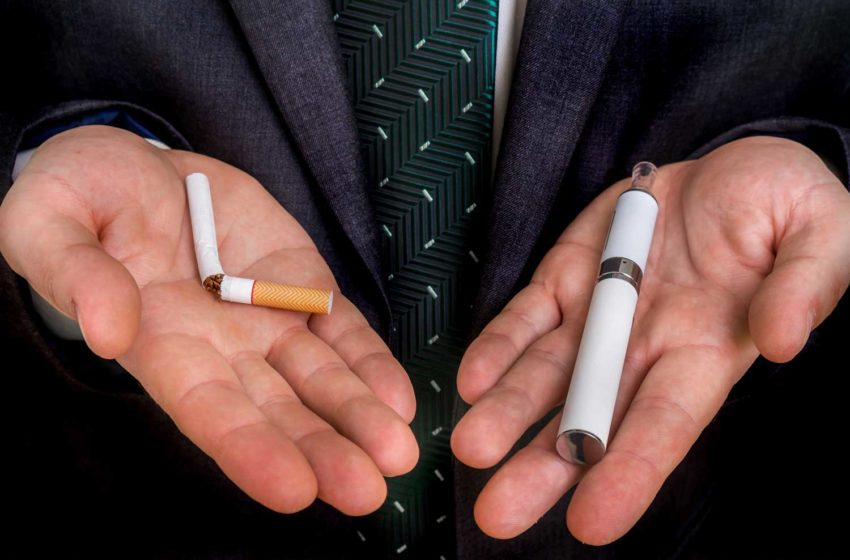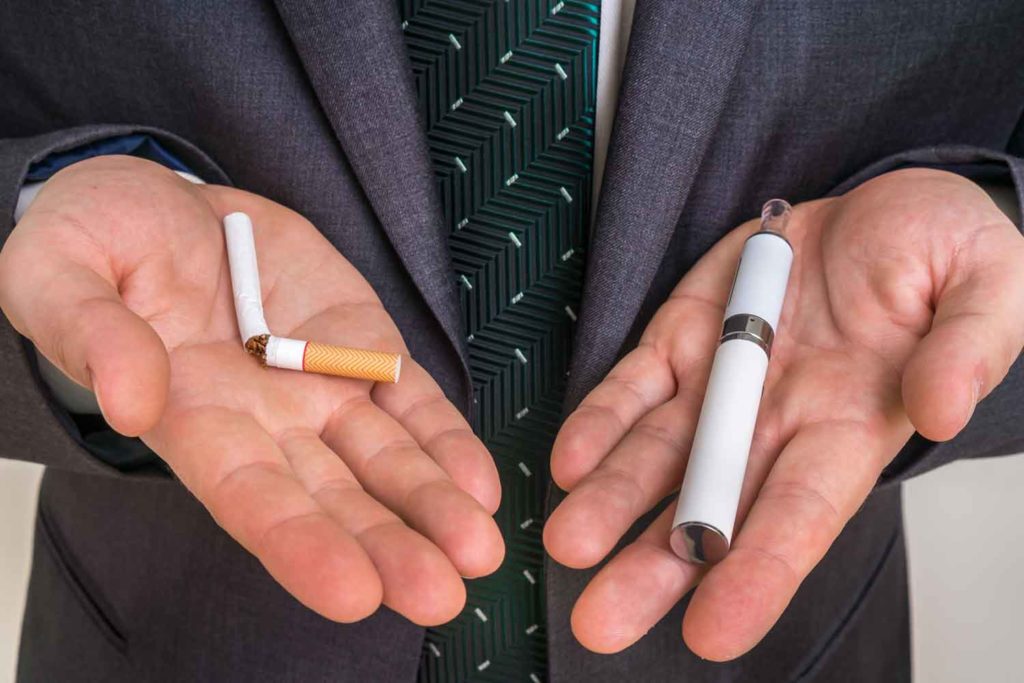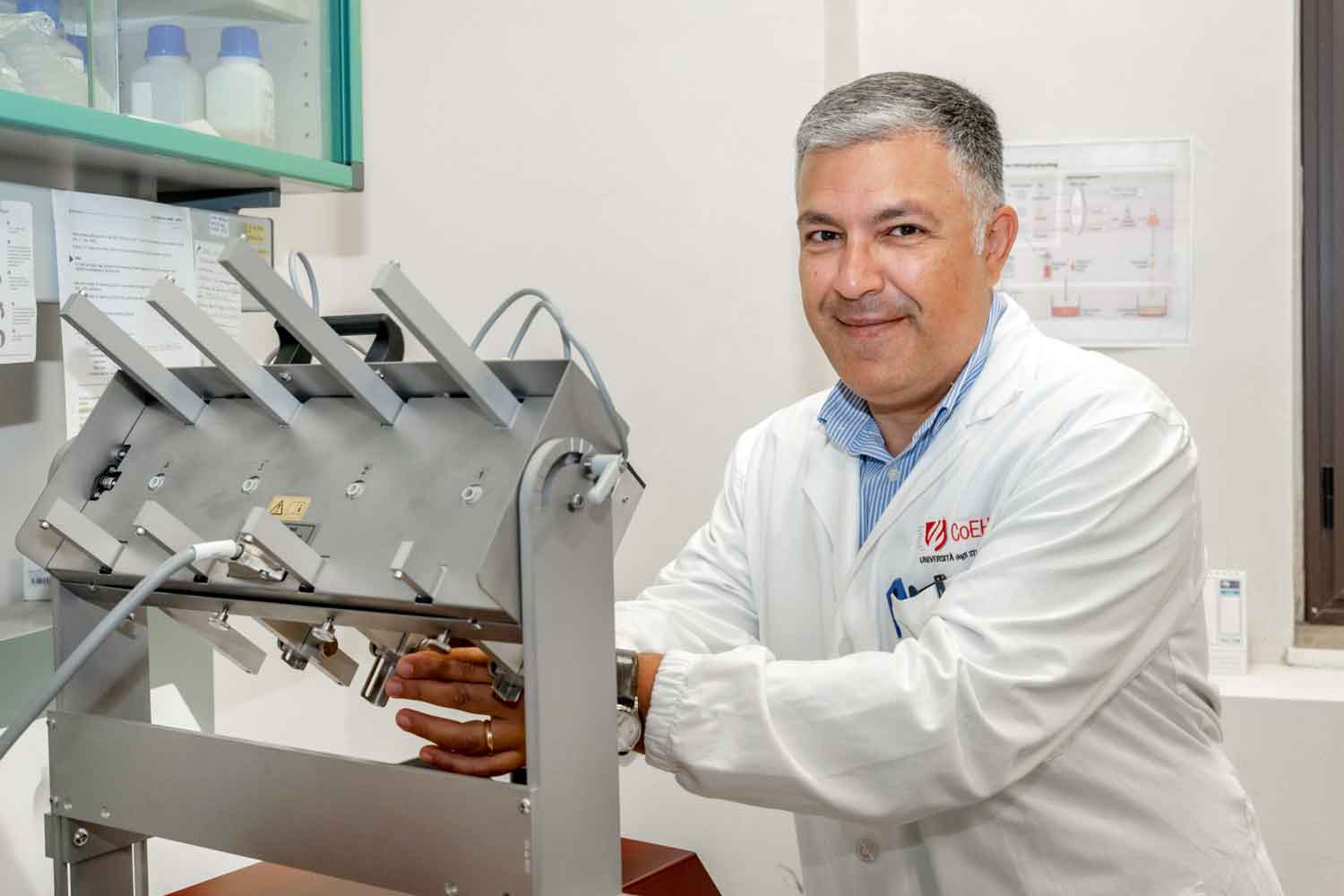
A recent review conducted by the Center of Excellence for the Acceleration of Harm Reduction (CoEHAR) at the University of Catania found that e-cigarettes are more effective than other treatments for smoking cessation.
Published in Drug and Alcohol Dependence, the study represents one of the most comprehensive analyses to date, evaluating 16 systematic reviews and encompassing data from 24 randomized controlled trials (RCTs).
According to the authors, e-cigarettes outperformed other cessation treatments in eight out of 11 meta-analyses. No evidence was found to suggest that e-cigarettes are less effective than any alternative treatments. And while mixed results emerged when comparing ENDS to traditional nicotine replacement therapy, the overall trend favored ENDS for cessation efficacy.
“The data from our umbrella review can support the integration of harm reduction strategies into public health policies in many countries,” said Renée O’Leary, lead author of the review, in a statement. “However, the review highlights a critical gap in existing cessation strategies, with long-term success rates for e-cigarettes remaining modest at 10 percent-12 percent and the effect of relapse has not been sufficiently studied. New treatments and approaches are urgently needed”.
Despite these promising findings, the study also emphasizes the need for greater scientific rigor in the field. According to the authors, the analysis exposes significant reporting biases in many studies.
“This study provides robust evidence supporting the potential of ENDS as an effective cessation aid, but it also calls for enhanced clinical guidelines and further exploration of long-term outcomes,” stated Riccardo Polosa, co-author and founder of CoEHAR.










